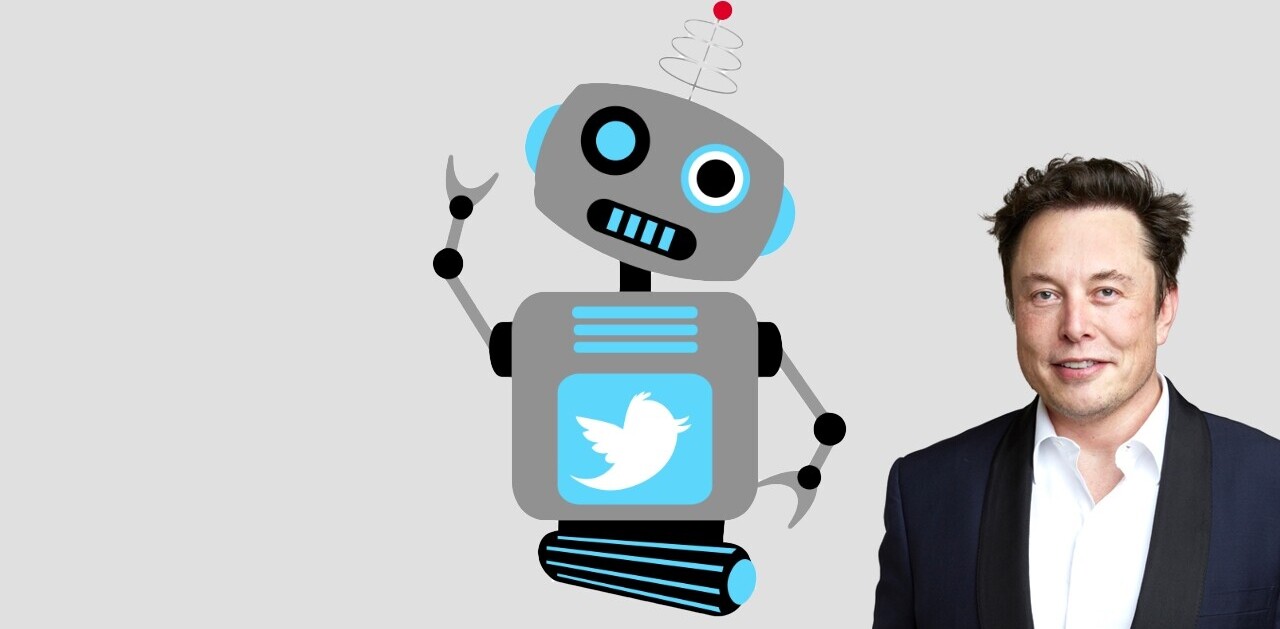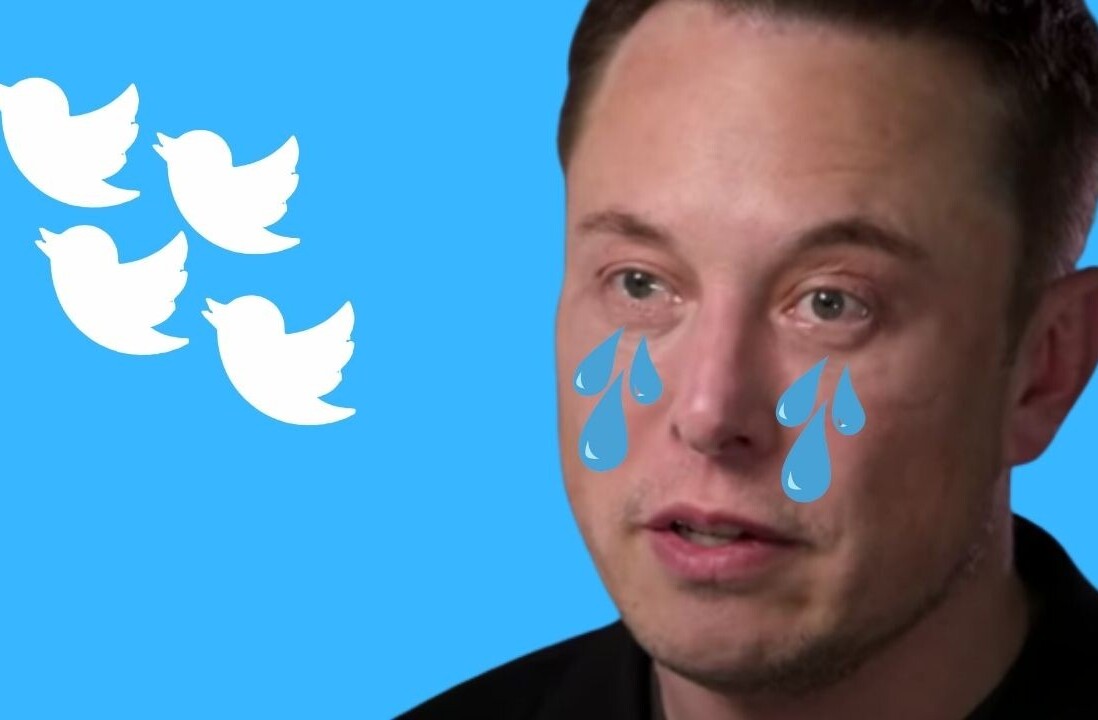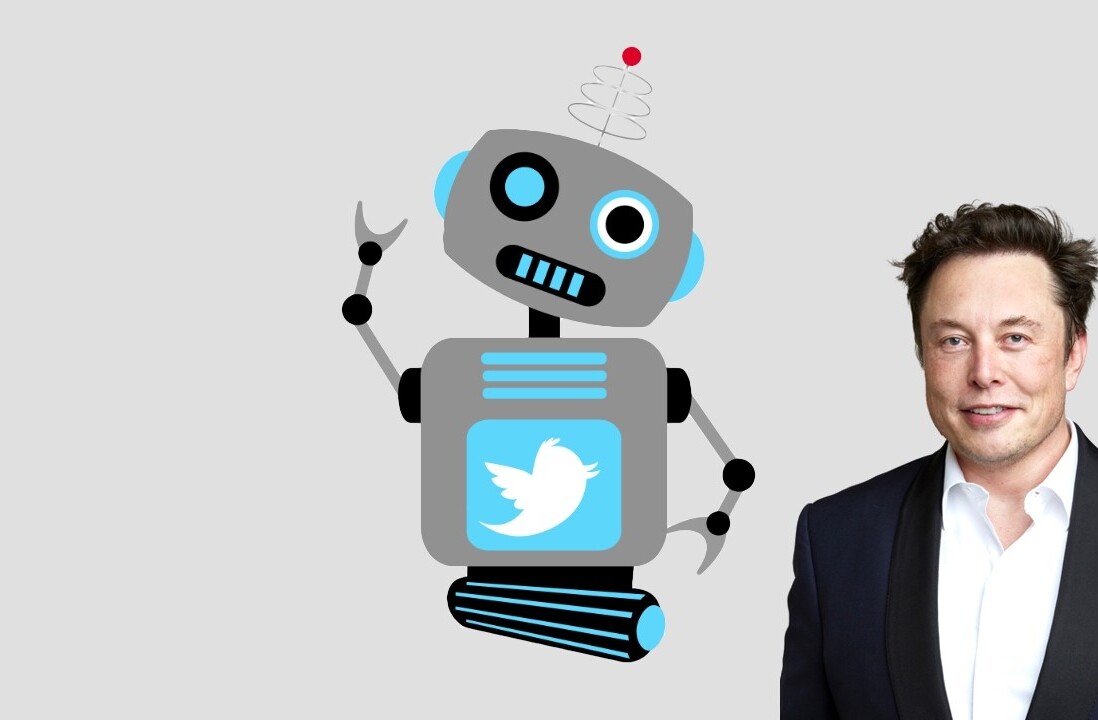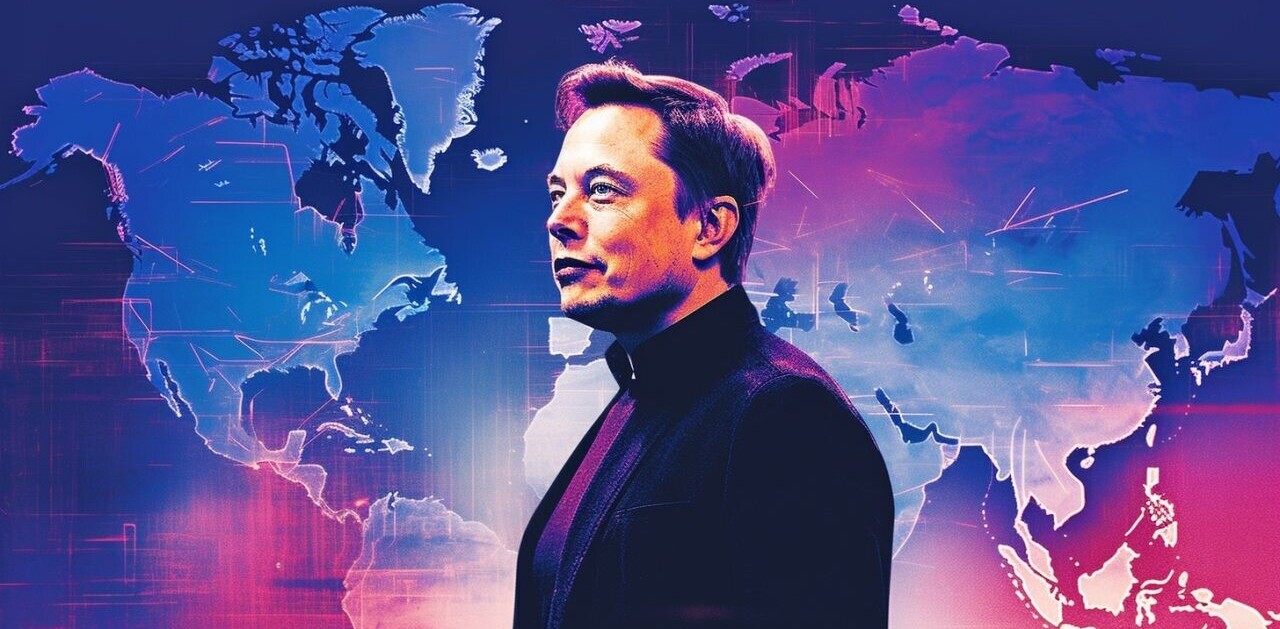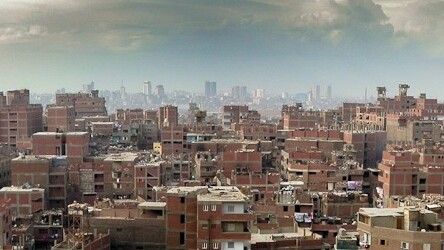
We recently told you about the Tweetback initiative, where a group of Egyptian activists and professionals, have teamed together to raise both money and awareness using Twitter.
The initiative, spearheaded by blogger and activist Mahmoud Salem, managed to bring in over $200,000 in just one week. Salem told The Next Web, “We managed to reach seventy percent of what we need to do in phase one.”
Local and multinational companies including Coca Cola, Mobinil and Azza Fahmy Jewelry donated a total of $150,000 collectively, while anonymous donors accounted for about $70,500 of the total.
What did the donors get in return? A group of influential tweeps from the Egyptian online scene all gathered during a one-day event where the donations were announced, and the information was disseminated on Twitter.
Tweetback participants also shared information about Ezbeit Khairallah, the impoverished community of over 650,00, which will be benefiting from the donations.
“In phase two, we hope we’ll exceed the remaining thirty percent, where we’ll be crowd-sourcing the donations,” Salem continued. An IVR line and an SMS campaign have been set up allowing Tweetback to continue to accept donations, starting with as little as under a dollar.
We spoke to a few of the tweeps involved asking them why they decided to participate, and what they thought of the initiative and this is what they had to say.
Al Jazeera journalist Ayman Mohyieldin: I think it’s a great initiative to incorporate social media, which was a huge factor in bringing so many people together for the revolution, and has been a great source of information, so it just seems like a logical continuation by that very same process to take it to helping communities and using social media to really do grassroots work by drawing on the strength of the very same people who helped get out so much of the information to the outside world.

Award-winning Egyptian journalist Ethar El-Katatney: I think it’s a brilliant initiative. Why haven’t we thought of this before? We use social media so much, we have so much reach. It doesn’t cost anything, it benefits everyone and it’s very easy to do. There’s no hassle for me. It’s such a positive way for me to contribute with minimal effort. It just requires you to tweet, which I do all the time anyway, so I might as well tweet it in a constructive way.
Nile FM Radio DJ, Safi: We’re getting our hands digitally dirty. It’s important to go out there and really get your hands dirty, but this is a great way to raise awareness. You can get 20 tweeps in a room and they can make a difference by just clicking buttons. We can’t forget that welfare is important, because if people are well off, there’s no room for bickering based on ideological differences.

Doctor and YouTube celebrity Bassem Youssef: People of this class have always been accused of being unaware of what is happening around them in the country. This is a way to tell them, we’re here, we’re aware, and we just need to know where to direct our energy.
Daily News Journalist Sarah El Sirgany: Everyone has been talking about generating money out of Twitter or out of the online world. Some have done it successfully. The idea here is to do it in Egypt but not to generate money for profit, but rather for development. A lot of companies are working on their social media presence, so why not use an initiative like this and the human resources, so to speak, of the social media – tweeps and people on Facebook. It doesn’t cost anyone anything. The projects that are being planned are developing projects, not charity projects. They’re working on infrastructure and workshops. That sort of thing in the long-term is sustainable rather than giving them a set amount of money.

Twitter is not the only form of technology that has been used to improve the living conditions of Ezbeit Khairallah residents. The NGO involved in the initiative, Peace and Plenty, used Google Earth to scale the community and the Egyptian government now relies on the data that the non-profit has generated.
Get the TNW newsletter
Get the most important tech news in your inbox each week.

